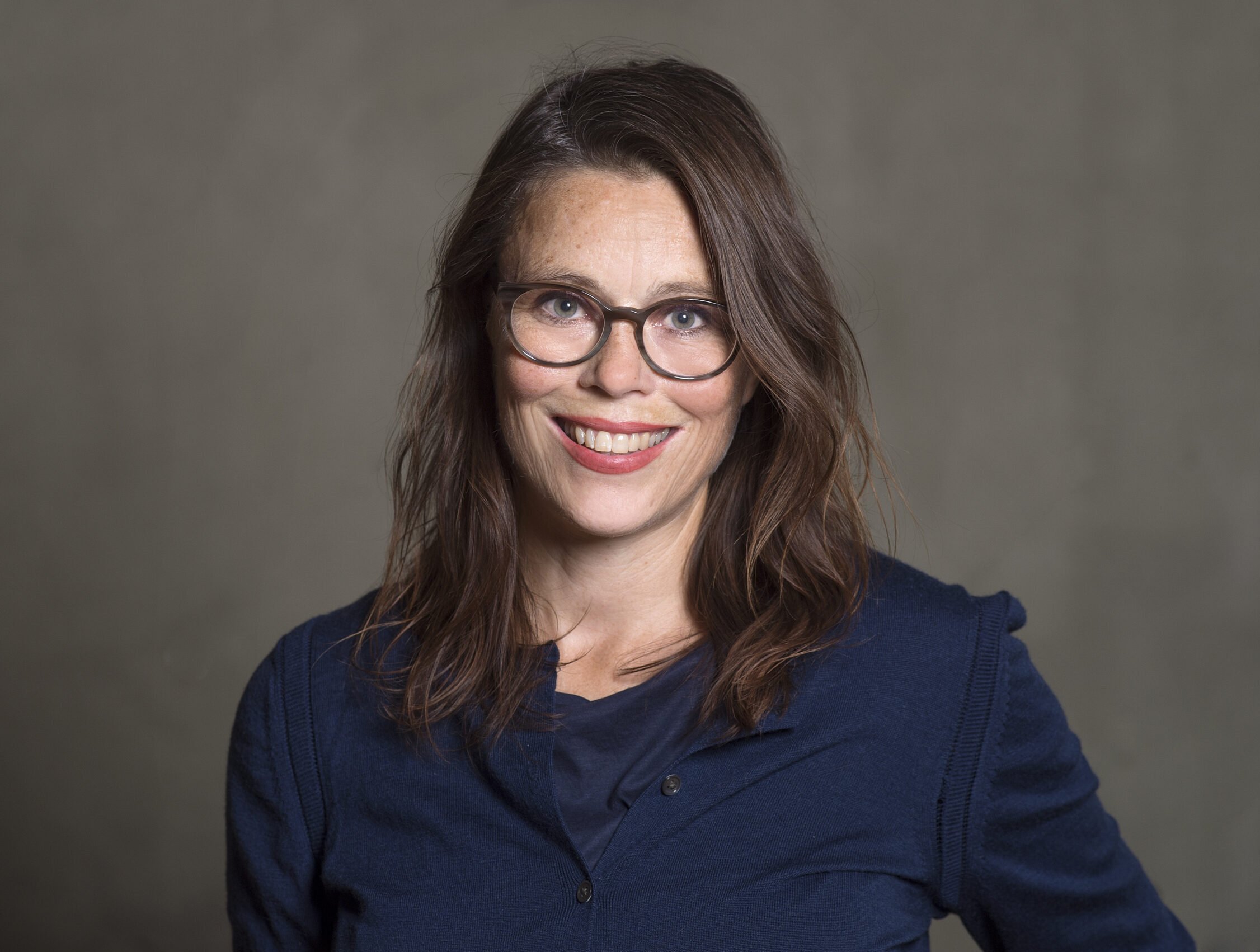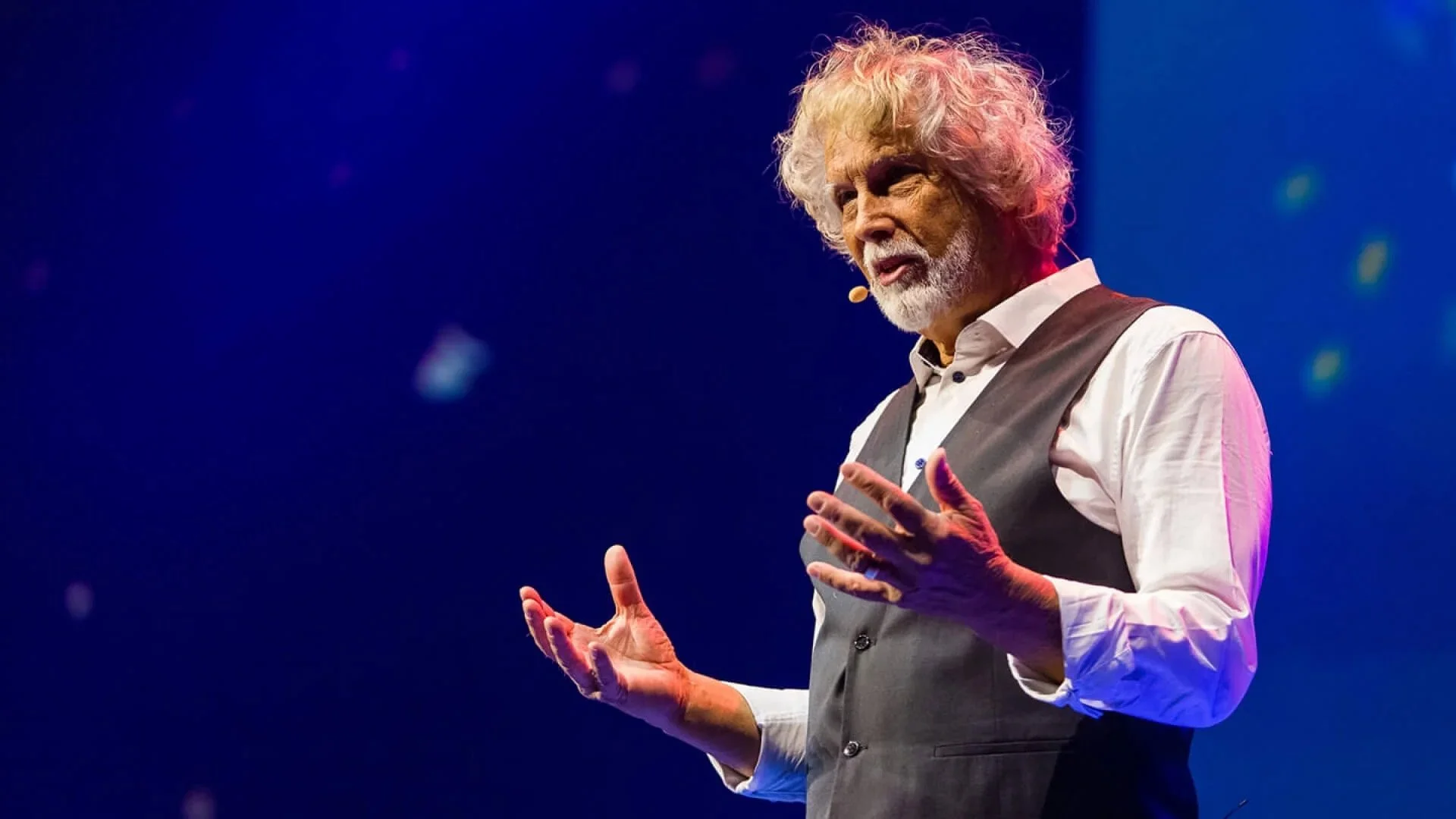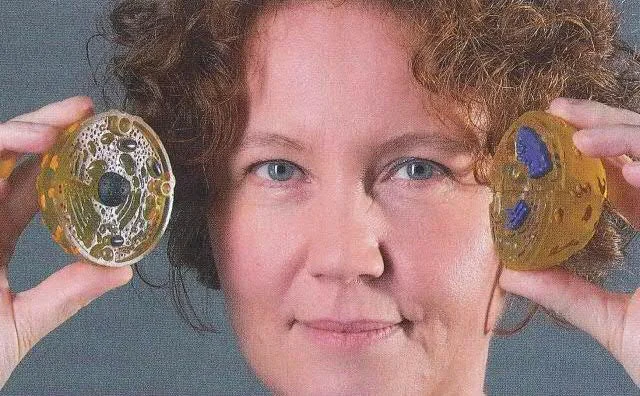THE PLASTIC HEALTH COUNCIL
Introducing our leading expert scientists, dedicated to researching the far-reaching impact of micro, nano-plastics and chemicals on human health
MEET THE COUNCIL
-
holds a doctorate degree in environmental toxicology and an MSc in environmental science from the ETH Zurich. Since 2012 she has been Managing Director and Chief Scientific Officer at the charitable Food Packaging Forum Foundation (FPF) in Zurich, Switzerland. Prior to this, Jane worked for Bucher Emhart Glass, a Swiss mechanical engineering company and glass packaging industry supplier, and as a scientific associate at Eawag, collaborating on various research projects, including endocrine disruption in developing zebrafish, sustainable urban wastewater management, and removal of Arsenic from drinking water in Bangladesh. She is an elected expert member of the Swiss Organic Farming Association BioSuisse’s committee on trade and processing.
-
is a biologist and toxicologist by training (Ph.D., ERT). He is a former employee of Deltares in Delft and is currently affiliated with the Institute for Risk Assessment Sciences (IRAS) at Utrecht University. Dick is an emeritus professor of Water Quality and Health at VU University Amsterdam. His fields of expertise are assessing water quality and ecosystem health, endocrine-disrupting chemicals, and the fate and effects of plastic debris. His research currently focuses on the health effects of microplastics within the Dutch ZonMw program. He is co-leader of the MOMENTUM project (the Dutch Microplastics and Human Health consortium), which aims to determine and ultimately prevent the effects of micro and nanoplastics on human health.
-
is Chair, founder and Chief Scientist of Environmental Health Sciences. As a co-author of Our Stolen Future, he has worked on endocrine disruption, a term he coined, since the early 1990s, publishing many research and policy papers in the peer-reviewed literature. He has chaired the board of the Science Communication Network since its founding in 2003 and also served as board chair of the H. John Heinz III Center for Science, Economics and the Environment. Dr. Myers is a trustee of the Jenifer Altman Foundation and has served as Board President of the Consultative Group on Biological Diversity, an association of 40+ foundations supporting work on biodiversity, climate, energy and environmental health. In 2020 he joined Professor Terry Collins as co-founder of Sudoc.com.
-
Dr. Shanna Swan is an environmental and reproductive epidemiologist. She is Professor of Environmental Medicine and Public Health at the Icahn School of Medicine at Mount Sinai, New York, Adjunct Professor in Obstetrics and Gynecology at the University of California, San Francisco and Senior Scientist at Environmental Health Sciences. Her work examines the impact of environmental exposures on reproductive health and neurodevelopment. Since 1998 Dr. Swan has conducted multi-center pregnancy cohort studies, which now include more than 1,500 mothers and their children, to better understand how prenatal and early childhood exposure to stressors can impact children's healthand development. In 2017 Dr. Swan and colleagues published “Temporal Trends in Sperm Count: a systematic review and meta-regression analysis”, which was updated in 2022. In 2021 Dr. Swan and co-author Stacey Colino published: Count Down: How Our Modern World Is Threatening Sperm Counts, Altering Male and Female Reproductive Health, and Imperiling the Future of the Human Race which has been translated into nine languages. Dr. Swan is committed to broadening the impact of this science to protect the health of all segments of society and all species on the planet.
-
is the Teresa Heinz Professor of Green Chemistry and Director, Institute for Green Science, at Carnegie Mellon University in Pittsburgh, Pennsylvania. Terry received his degrees from the University of Auckland where he is a Distinguished Alumnus and Honorary Professor. He first learned of the insidious health damage caused by certain commercial chemicals while a student. His multidisciplinary research, educational and entrepreneurial programs aim to provide solutions for pollutants that exhibit low dose adverse effects (lodafs). Terry is the creator-founder of the multiply awarded startup Sudoc, LLC that is commercialising TAML® applications while being a working example of what a sustainable chemical corporation should look like.
-
is a respiratory immunologist at the University of Groningen. Her group investigates how the immune system in the lung is impaired by toxic exposures and can be harnessed to treat chronic respiratory diseases like asthma, COPD and lung fibrosis. They focus on the role of macrophages in development and exacerbations of asthma and COPD. Another important cause of aggravation of lung disease is exposure to air pollutants. Our indoor environment contains many types, including the recently described novel concern of microplastics. Funded by the ZonMW consortium MOMENTUM, Melgert works on elucidating the effects of inhalable microplastics on human lung health with special focus on interactions between structural lung cells and the immune system.
-
Associate Professor of Pathology of the Sao Paulo University Medical School, Sao Paulo, Brazil.
Research focus on lung diseases, including the role of ambient exposures, including microplastics, on lung and human health.
Professor Mauad has been working for many years in the pathology of lung diseases like asthma, COPD and also COVID-19. She is also interested in the effects of ambient exposure on human health, with several studies describing the role of air pollution in several conditions. More recently, her group described for the first time the presence of microplastics in human lungs. In Sao Paulo, her group also described an association between COVID-19 genomic particles and Microplastics in the air, in the region surrounding the academic hospital. Because of the studies in microplastics, Prof Mauad received in 2022 an award from Sao Paulo municipality acknowledging her scientific contributions to the city.
-
Univ. Prof. Dr. Lukas Kenner is a distinguished medical researcher and professor specializing in pathology and oncology. He holds multiple positions, including Professor at the Department of Pathology at the Medical University of Vienna and Head of Laboratory Research at the Institute of Clinical Pathology. Additionally, he serves as a co-director at the Ludwig Boltzmann Institute for Cancer Research. Dr. Kenner's research primarily focuses on the molecular mechanisms that underpin cancer development and progression. Since the early 2000s, he has led several major studies investigating genetic markers and their role in predicting cancer outcomes. His work has significantly contributed to the development of targeted therapies that improve the precision of cancer treatment. In 2019, Dr. Kenner co-authored "Pathways to Precision Medicine", a comprehensive review on how molecular insights are transforming cancer care. This work has been influential in advancing the field of personalized medicine. Dr. Kenner is dedicated to advancing medical science to improve patient outcomes and is actively involved in several international research collaborations to explore new therapeutic avenues.











